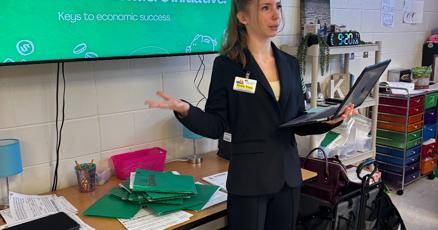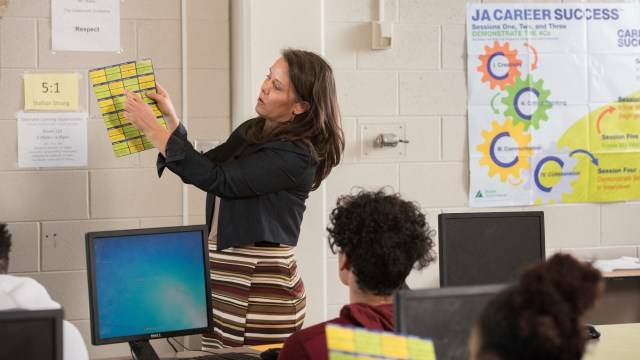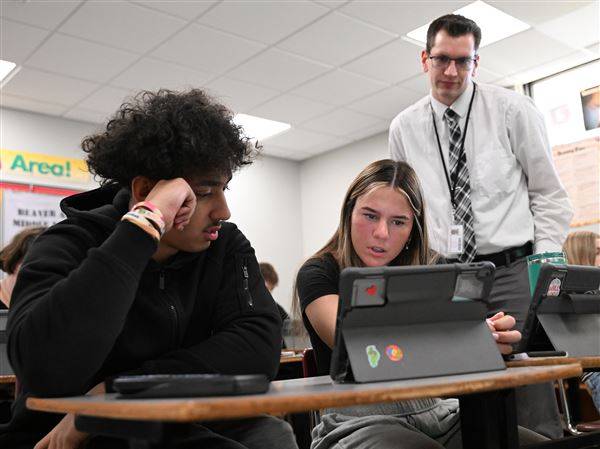West Virginia Mandates Personal Finance Education for High School Students
West Virginia is taking a bold step to ensure its students leave high school with essential financial skills. The state recently mandated a personal finance course for juniors and seniors, making it a graduation requirement. This decision follows a national trend, with over two-thirds of U.S. states now requiring financial education in high school curricula. As financial systems grow more complex, the need for early education in managing money, credit, and investments has never been more urgent.
The Importance of Financial Literacy
Financial literacy is not just a personal asset—it’s a critical life skill. Poor financial decisions can lead to lifelong debt, while informed choices can pave the way to financial security. A survey by the National Endowment for Financial Education found that 80% of adults wish they had received financial education in school. West Virginia’s move acknowledges this demand, integrating personal finance into the broader education framework to ensure students graduate with practical financial knowledge.
Growing National Support for Financial Education
The national push toward financial education is gaining momentum. The Council for Economic Education reports that 35 states now require financial literacy courses, a significant rise from just a few years ago. This trend reflects a growing realization that understanding credit, budgeting, and investing is just as essential as traditional academic subjects. As financial markets and digital tools evolve, young people need both foundational knowledge and the ability to navigate increasingly digital financial ecosystems.
Challenges in Implementation
However, implementing these programs comes with challenges. Schools must ensure that teachers receive proper training and resources to teach personal finance effectively. Additionally, with the rise of digital banking, cryptocurrency, and financial apps, curricula must evolve to keep pace with modern financial realities. Teaching students how to manage a bank account must now include lessons on digital wallets, fintech platforms, and cybersecurity risks.
The Future of Financial Education
West Virginia’s decision marks a crucial step forward, but long-term success will depend on how effectively these courses are taught and adapted. Financial literacy isn’t just about numbers—it’s about providing students with real-world skills that can shape their future economic well-being. As personal finance education expands nationwide, the challenge will be ensuring it remains relevant in a rapidly changing financial landscape.
For more insights on financial education and technology’s role in shaping the future of learning, visit Epochedge Education.









